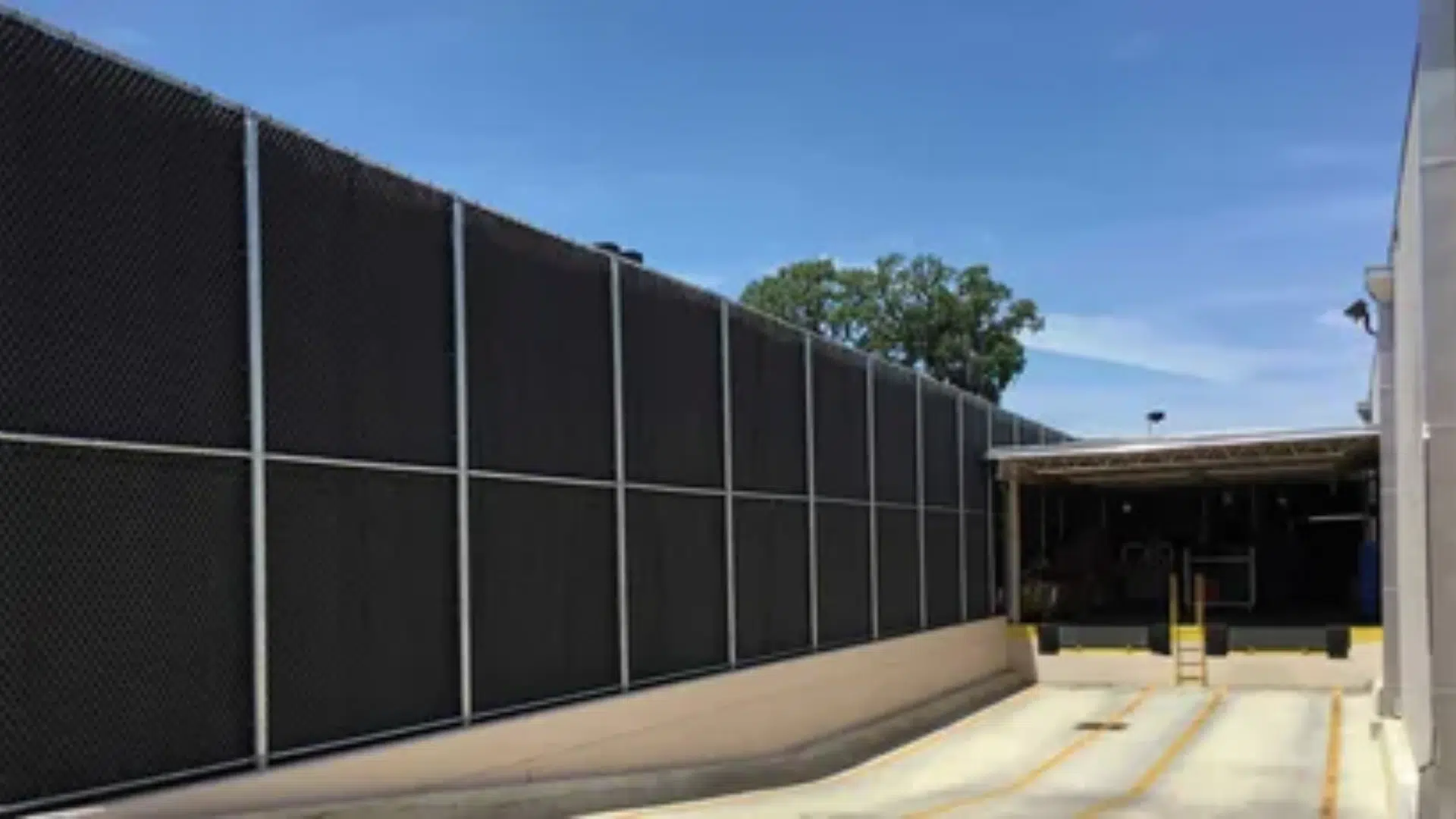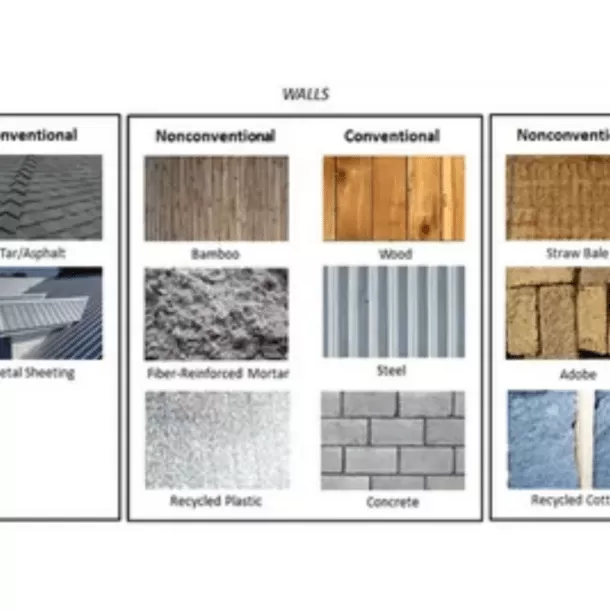
Soundproofing Solutions: Acoustic Barriers That Work
Introduction
Unwanted noise can be a major source of stress and disruption in our daily lives. Whether it’s the clamor of traffic, industrial machinery, or loud neighbors, finding effective ways to mitigate noise pollution is essential. Acoustic barriers offer a reliable solution to minimize the transmission of sound, creating quieter and more peaceful environments. In this blog post, we will explore some of the best acoustic barrier solutions available and how they can help in soundproofing various spaces.
Soundproofing Solutions: Acoustic Barriers That Work
Soundproof Fencing
Acoustic barriers in the form of soundproof fencing are an excellent solution for reducing external noise infiltration. These fences are typically constructed using materials with high-density properties, such as concrete, wood composite, or vinyl. They are designed to absorb and reflect sound waves, preventing them from entering or escaping a specific area. Soundproof fencing is commonly used to mitigate noise from busy roads, airports, and industrial areas, providing a quieter and more comfortable outdoor environment.
Acoustic Panels
Acoustic panels are versatile soundproofing solutions that can be used in various settings, including residential, commercial, and industrial spaces. These panels are typically made from materials like dense foam, mineral wool, or recycled cotton, which effectively absorb sound waves. Acoustic panels can be installed on walls, ceilings, or within enclosures to reduce noise reflection and improve sound insulation. They are commonly used in offices, restaurants, recording studios, and home theaters to create more acoustically balanced and pleasant environments.
Acoustic Windows
Windows are often a weak point when it comes to sound insulation. Acoustic windows provide an effective solution by incorporating multiple layers of glass with an air gap in between. This design helps reduce the transmission of sound waves, preventing external noise from entering a room. Acoustic windows are especially beneficial for spaces located in noisy urban areas or near busy roads, offering improved noise reduction while maintaining natural light and views.
Soundproof Doors
Just like windows, doors can be significant sources of noise leakage. Soundproof doors are specifically designed to minimize sound transmission by using dense materials, specialized seals, and solid construction. These doors effectively block external noise from entering a room and prevent internal noise from escaping. Soundproof doors are commonly used in music studios, conference rooms, and homes to create quieter and more private spaces.
Acoustic Partitions
Acoustic partitions, also known as movable walls or room dividers, offer flexibility in soundproofing large spaces. These partitions are designed to effectively block sound transmission between different areas. To meet varying needs, they are simply relocated and rearranged. Acoustic partitions are commonly used in open-plan offices, conference centers, and event venues, allowing for efficient space utilization while maintaining acoustic privacy.
Conclusion
Acoustic barriers play a vital role in reducing noise pollution and creating more comfortable environments. Whether you’re dealing with external noise sources or aiming to improve the acoustic qualities within a space, soundproofing solutions such as soundproof fencing, acoustic panels, acoustic windows, soundproof doors, and acoustic partitions offer effective remedies.
It’s essential to assess the specific soundproofing requirements of your space and consult with professionals or acoustic consultants to determine the most suitable acoustic barrier solutions. By investing in high-quality soundproofing materials and implementing the appropriate barriers, you can significantly improve the overall acoustic experience and create tranquil and peaceful environments that enhance productivity, relaxation, and well-being.



